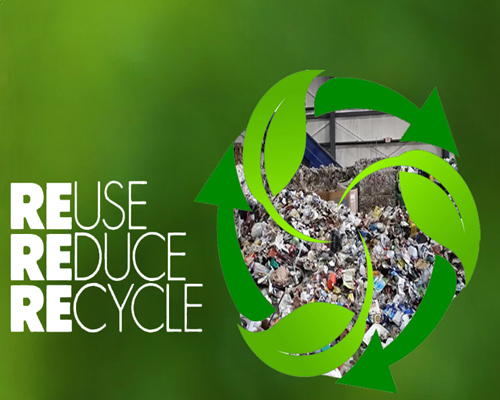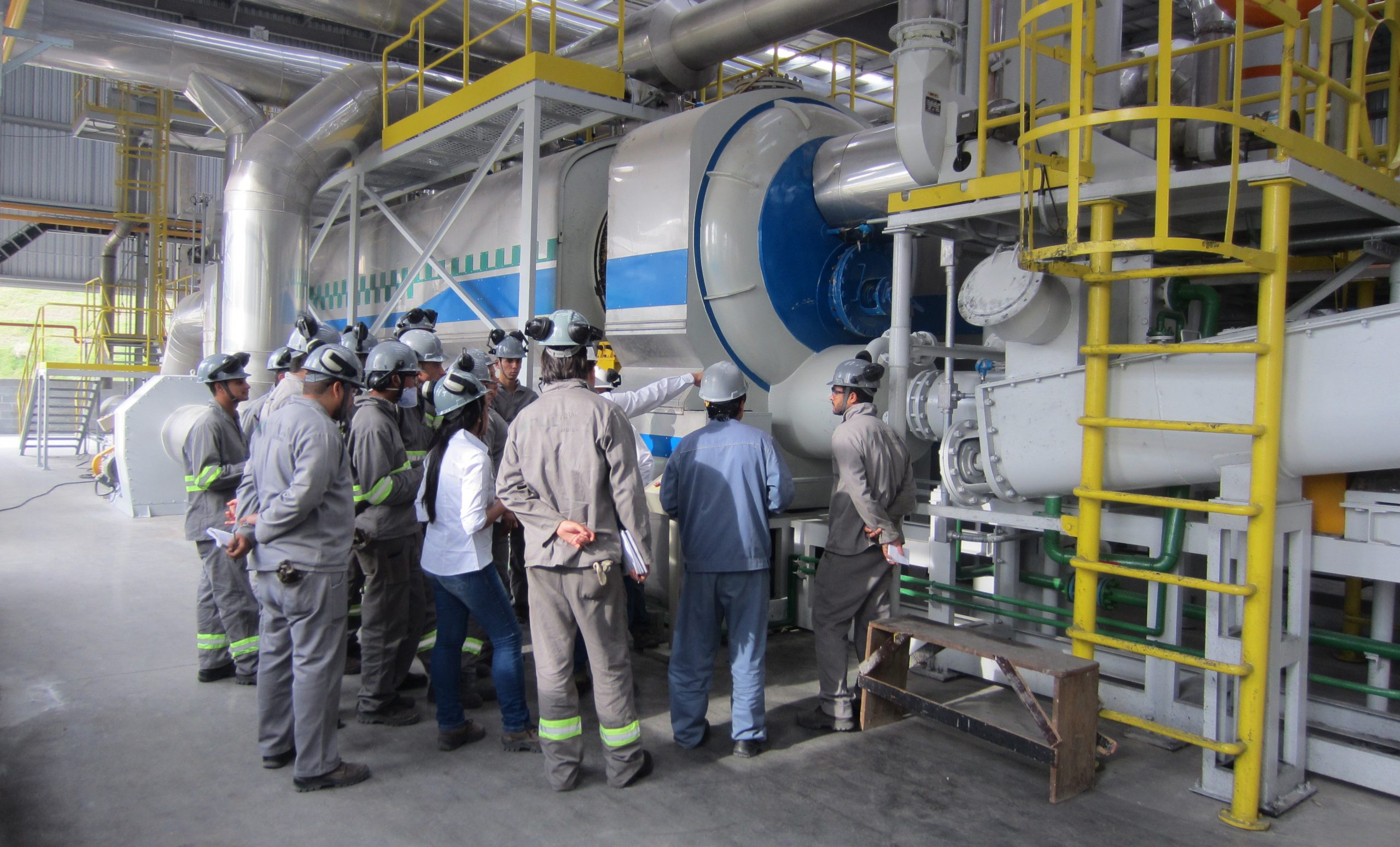The proportion of waste plastic recycling is low in the world. There are many reasons. Plastic recycling industry were a profit-seeking industry in the last years. The government did not need to intervene. Plastic recyclers only extracted the high-value parts of waste plastics and left the low-value parts to the environment.
Plastic pollution has become a social problem that affects the ecological environment and human survival. It is absolutely not enough to rely on the recycling industry alone to solve environmental leakage of plastics. The coercive power of the government and the extensive implementation of policies are recognized as the most important factors to increase the recycling rate of plastics and promote the development of the circular economy of plastics. Therefore, some countries and regions have included it in the law for mandatory implementation.

The European Union and Australia will also mandate the use of PCR as a way to achieve their goals. The European Union and Australia will also mandate the use of PCR as a way to achieve their goals. The European Green Deal Committee believes that the key to achieving the goals of the European Green Deal and the New Circular Economy Action Plan requires not only innovation and technological change, but also changes in consumption, production and social practices. At the same time, he proposed three goals: the first is to promote investment in durable, reusable and repairable products; the second is to address hazardous chemicals and improve resource efficiency; the third is to promote products that are recyclable and contain recycled content, while ensuring their performance and safety.
To achieve the goal, EU has vigorously strengthened legislation on packaging design, requiring member states to increase their plastic packaging recycling targets to 50% by 2025 and 55% by 2030. based on the amount of non-recyclable plastic packaging waste generated by each member state, the EU’s own budget resources are proposed, also known as the “EU non-recyclable plastic tax”. This tax will effectively encourage member states to reduce packaging waste and stimulate Europe’s transition to a circular economy through the implementation of the European Plastics Strategy.
The Governor of California signed a decree on September 24, 2020, mandating that plastic bottles that use the deposit system must use at least 15% recycled materials (PCR) in 2022. The use of recycled materials will reach 25% in 2025 and 50% in 2030. This is the first state legislation in the United States to mandate the use of PCR, and it has played a leading role for other states in the United States.
Another policy measure to increase plastic recycling rates is Extended Producer Responsibility (EPR). EPR has been proven to be an effective way to promote plastic recycling in some European countries and North America. The policy clarifies the responsibility in every link.
These responsible persons are charged processing fees through increased taxes or special charges. Through the reduction and exemption of fees for recyclable plastic products, upstream enterprises are encouraged to produce easily recyclable and renewable products. The funds collected by EPR will be earmarked to build waste treatment infrastructure, including the aforementioned collection channels, recycling and sorting plants, etc.
To ensure the effective implementation of EPR, UN will ensure guidance on How To Impose Libility Fee On Producers for reference. The legislatures of nine states in the United States jointly promoted the EPR system for plastic packaging for the first time, which is unprecedented. These nine states are California, Colorado, Hawaii, Maryland, New Hampshire, New York, Oregon, Vermont and Washington.
The legal binding force tends to achieve better results in developed countries. In developing countries, due to the constraints of economic development and the lack of awareness of society as a whole, it is impossible to achieve extensive efficiency. If solving the serious problem of waste plastics worldwide, we must implement a commercial value chain for waste plastics processing. Using advanced processing technology to turn waste plastics into treasures. in addition to obtaining higher-value raw materials is also a problem that must be solved.

Niutech pyrolysis production line makes it happen. Pyrolysis technology breaks the restriction of low-value waste plastics or plastic waste mixed with raw materials. Raw materials are highly inclusive and do not require strict classification. Through the treatment of pyrolysis equipment, waste plastics can be decomposed into pyrolysis oil, which can be used for fuel oil or processed into recycled plastic products. So far, the pyrolysis technology has been applied in many countries and territories. In Europe, the plastic to oil machine has been used to build the world’s largest waste plastic chemical recycling commercial project. The sharing of this technology may become a powerful force for us to deal with the “plastic besieged city”.
Email: contact@niutech.com
Tel: 86 531 86196301


No comment